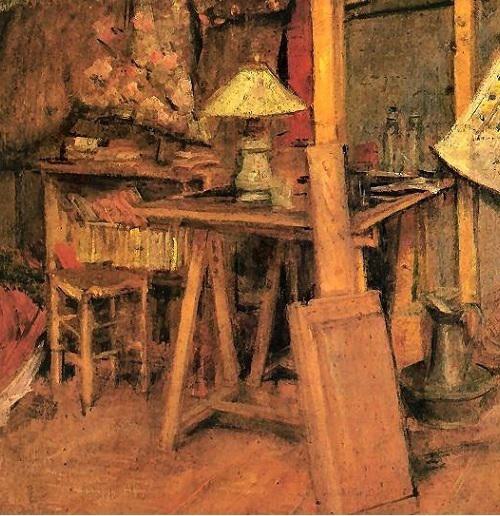Kyung-Sook Shin, Please Look After Mom, trans. Chi-Young Kim (New York: Knopf, 2011), or Please Look After Mother (London: Weidenfeld & Nicolson, 2011).
It’s been one week since Mother went missing. The family is gathered at your eldest brother Hyong-chol’s house, bouncing ideas off each other. You decide to make flyers and hand them out where Mother was last seen.
This is how Kyung-Sook Shin’s Please Look After Mother starts and immediately the protests begin. My mother has not gone missing. I am not a South Korean woman. I never decided to make flyers. But protests are in vain because this is the rarest of books: a second person narrative. You, the reader, are drawn into the crisis whether you like it or not.
What is the effect of this unusual approach? In a word: bewilderment. Rather than being comfortably in control of the book, we find ourselves struggling to make sense of the situation. How can Mother have gone missing from Seoul station? How can we have neglected her needs? How are we going to get her back? Like the family about whom Kyung-Sook Shin writes so beautifully, we feel confused, guilty and desperate.
Then something strange happens, or at least it happened to me. We start thinking about the way we treat our own mothers. Challenged by the second person narrative, we move from deep immersion in the South Korean world of the novel and find ourselves contemplating our own situation. There is no willing suspension of disbelief here: Please Look After Mother is a moving and highly successful call to action.
Powerful as the opening section is, one of the real strengths of the book is that it does not over-rely on the second person narrative. The second section is written in the third person from the perspective of one of the sons. Suddenly we gain another perspective. We learn more about key family relationships. We are back on familiar ground, only to find that the rug has been pulled out from under our feet in the third section: another second person narrative, this time told from the husband's point of view.
By the time we get to the fourth section, where we get to hear Mother's own voice, we feel that we have begun to rediscover her. By realising how badly we have treated her—and we really do feel as though we, the readers, are implicated—we come to know her as we have never managed to before. When Mother speaks (and I won't spoil the plot by explaining the context) we realise that there are many things we have missed. She is a deeply impressive woman, even with her flaws, but a woman we still don't fully know. The mystery of the person is deeper than we have imagined it might be.
Please Look After Mother captures a particular moment in history beautifully. It is a novel about the generation gap, about the problems of modernity. One reason why this novel has been so successful—it has sold over 2 million copies and won the Man Asia Literary Prize—is because it has something very important to say about the family in the contemporary world. However, as Kyung-Sook Shin has pointed out in an interview: “It’s the mother who goes missing, but that’s a metaphor. It doesn’t have to be the mom who disappears; it could be anything precious to us that has been lost, as we’ve moved from a traditional society to a modern society.” She adds that, “Kids nowadays are definitely different from the traditional generation that came before us. And I don’t think that’s restricted to Korean society.”
But there’s more to the novel than even this meditation on the contemporary world. Though it comes as a surprise, it turns out that Mother is a Catholic, and the novel ends in Rome. In fact it ends with a prayer to Our Lady. No matter how much they regret the way they have treated their mother, her children and husband can no longer redeem the past, simply because Mother is now missing. The only possible ending, it seems, is to reach out to another and greater Mother, symbolised in Michelangelo's Pietà in St. Peter's. Just when we think we have got to the heart of the novel’s mystery, it opens out before us.
Roy Peachey teaches in the South of England. He is currently a doctoral student at the John Paul II Institute for Marriage and Family, Melbourne.
